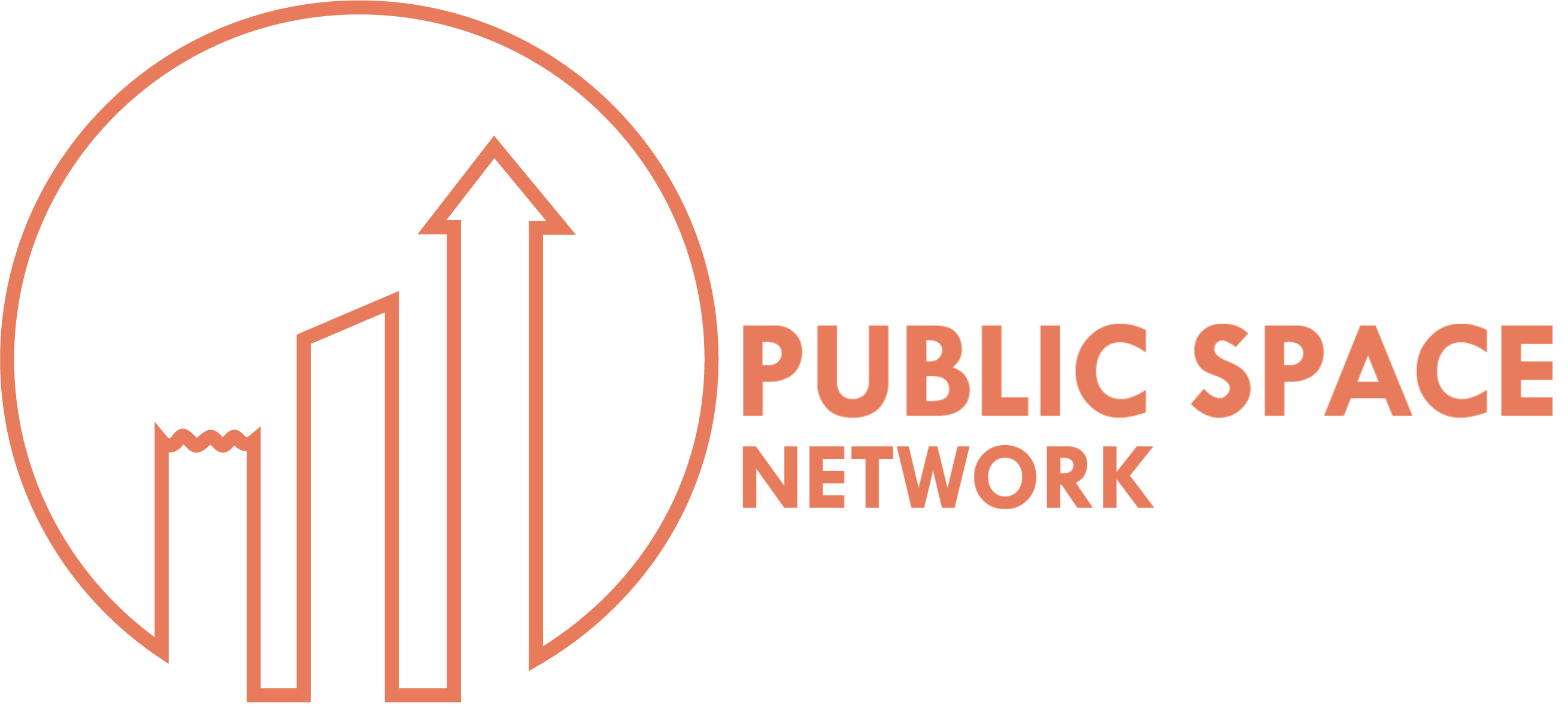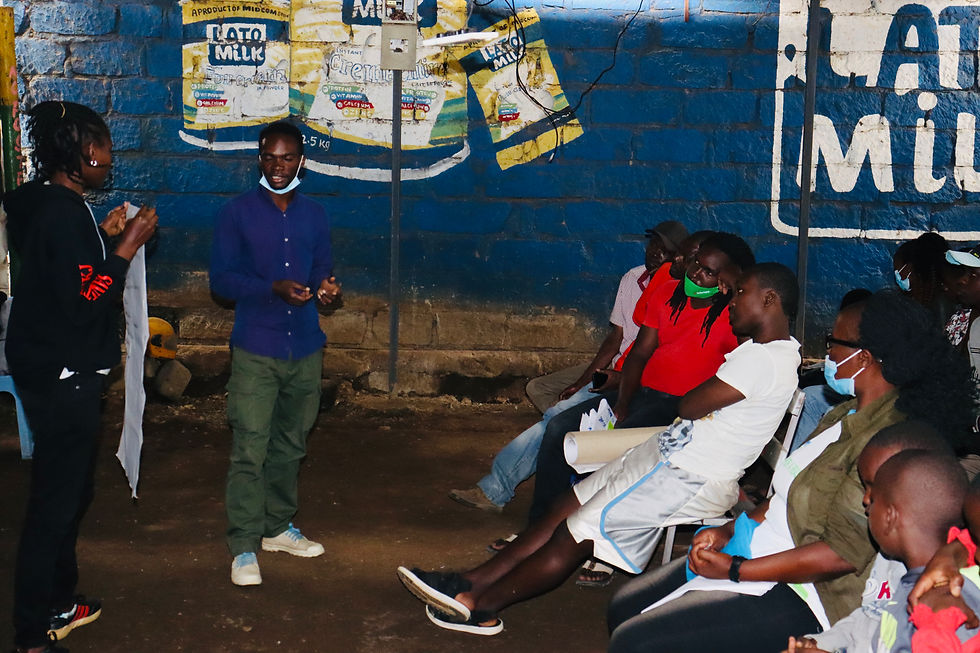Riverlife TV Project
Riverlife TV Project
What is this project about?
Riverlife TV is an organisation-agnostic media platform hosted by PSN that shines a spotlight on diverse efforts to restore the Nairobi River Basin. Featuring a professional news-anchor format, the channel will highlight projects led by governmental agencies, local communities, NGOs, and private-sector actors—all in one cohesive showcase. Based on YouTube and amplified across social platforms, it blends polished field reporting with compelling, journalist-style storytelling. This is not an independent project as such but a cross cutting media tool complementing overall PSN river related initiatives.

RiverLife TV is a community-driven effort to revive the health and vitality of the Nairobi River. By connecting local groups, youth and institutions, the project identifies and showcases restoration work, sparks new collaborations and mobilises action along the Nairobi River. Together, these efforts aim to clean polluted waters, protect riverbanks, and transform the Nairobi River into a thriving, life-giving resource for present and future generations.
What is the problem we are solving?
Despite many well-intentioned initiatives, restoration efforts along the Nairobi River lack visibility, coordination, and public awareness. Fragmentation and limited exposure dilute impact, slowing momentum and reducing opportunities for collaboration. Riverlife TV solves this by amplifying diverse stories, fostering collective ownership, and creating an engaging communication hub—connecting stakeholders and the public to drive momentum and inspire action.
What is our Theory of Change?
If we consolidate and elevate restoration stories from all actors via a central, high-quality media channel, then we increase public awareness, stakeholder collaboration, and accountability. As awareness and transparency grow, community participation and funding will follow. Ultimately, this shared platform will catalyse collective stewardship and accelerate comprehensive, sustainable recovery of the Nairobi River Basin.
What do we hope to achieve?
By mid-2026, Riverlife TV aims to significantly elevate public awareness and visibility of Nairobi River Basin restoration efforts through high-quality media coverage. We aspire to:
To consistently run one episode per month starting in July 2025 and complemented by social media engagement
Showcase 20+ interventions by diverse actors (public, private, community);
Secure 5,000+ views per episode and community engagement across platforms;
Foster measurable growth in collaboration—for example, 3 new multi-stakeholder partnerships—and funding interest aligned with documented ecosystem improvements.
These targets are rooted in media-driven behavior change models that link storytelling to deeper civic participation and accountability
What are the key activities?
Planning content and production strategy for episodes until end of 2025
Developing a distribution and engagement strategy
Launching on YouTube with scheduled rollouts, supplemented by Instagram reels and Facebook clips.
Developing monitoring and analytics KPIs (e.g., views, watch time, subscriber growth, comments).
Who are we working with?
15 community stewards stationed along different targeted sections of the main Nairobi River
23 New and emerging youth groups from different targeted sections of the main Nairobi River
County government ward level offices (15 targeted)
County government agencies (2 targeted - Nairobi Water and Sewerage Company / Green Nairobi Company)
National government agencies (2 targeted NEMA, WARMA)
Community members Over 20,000 impacted indirectly by improved water management along their river corridors
Intergovernmental and CSO undertaking Nairobi River rehabilitation initiatives (4 targeted)
Private sector organisations whose activities are impacting the river catchment area
Want to Get Involved?
With seasoned production firms, broadcast studios, and freelance journalists to elevate content quality and reach.
Corporate partners, NGOs, and foundations for funding, equipment donations (cameras, lighting, editing suites), or services (transport, event hosting). These contributions boost content production and distribution capacity .
Partner with journalism schools, media academies, or climate journalism networks to train reporters, ensure editorial integrity,
Work with other media outlets, environmental platforms, and influencers to syndicate Riverlife TV content, host special screening events, or embed clips—expanding reach and building audience trust .
Establish MOUs with NGOs, community groups, municipal agencies, and research institutions to gain site access, interviewees, data, and visuals for storytelling.
Co-host community screenings, field reporting days, training workshops, or live events with local civic groups, municipalities, and university partners
Partner with us. Contribute your expertise. Champion inclusive cities. we want to hear from you.



.jpg)




